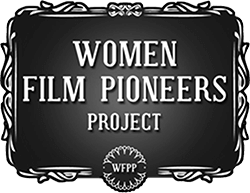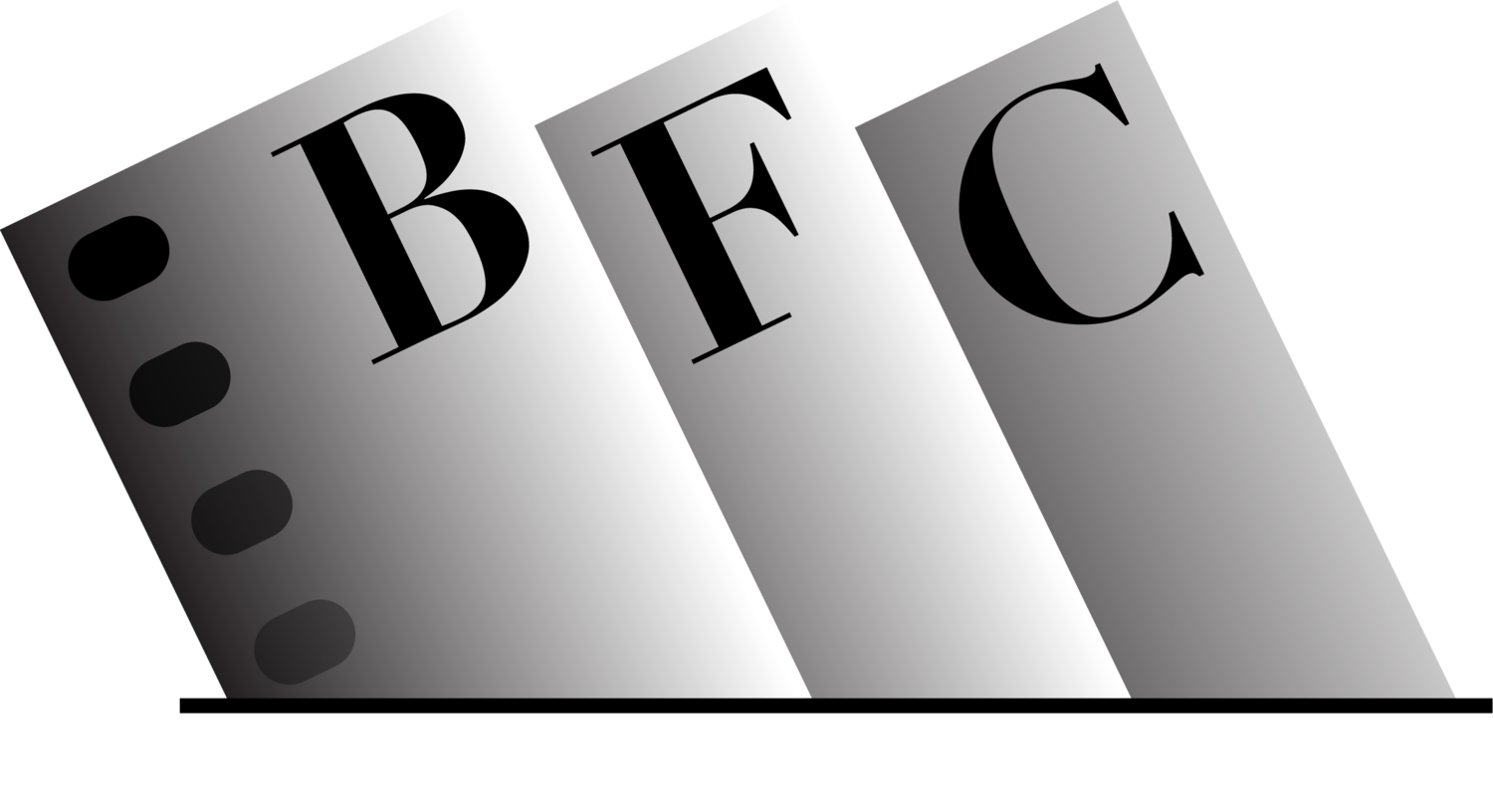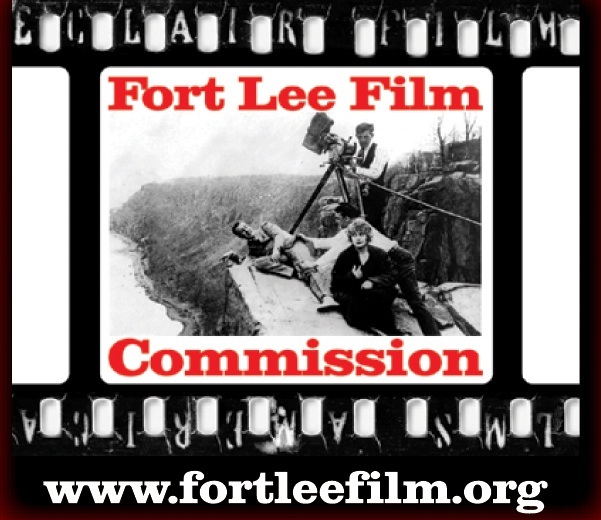 Women and Film History International
Women and Film History International
Women and Film History International (WFHI) is an international organization that connects and sustains a community of scholars, archivists, librarians, critics, programmers, students, and others interested in the history of women and early cinema. We are a self-supporting, self-governing, non-profit organization. Be sure to join the organization before you register for the 2022 conference to receive a discounted registration fee!
 Women Film Pioneers Project (WFPP)
Women Film Pioneers Project (WFPP)
The Women Film Pioneers Project (WFPP) is a digital resource published by Columbia University Libraries that advances research on the hundreds of women who worked behind the scenes during the silent film era. Always expanding, WFPP publishes original scholarship on women who worked all around the world as directors, producers, screenwriters, editors, and more. WFPP features short career profiles on single individuals, longer thematic peer-reviewed overview essays, and shorter multimedia posts, all by film scholars, film curators, archivists, and historians.
Classes in screenwriting were taught by Frances Taylor Patterson at Columbia University in 1917, which suggests that it was the first U.S. university to offer courses in the new medium of motion pictures. Historian Eric Barnouw founded the Film Program in the School of the Arts in 1947, and today within his old department still located in Dodge Hall, Film and Media Studies offers undergraduate and MA degrees. Film history and theory as well as new media are also now taught in a range of Arts and Sciences departments from History to East Asian Languages and Cultures. In 2016, the Center for Comparative Media was established and by 2019 the certificate for PhD students went into effect.

 Barrymore Film Center, Ft. Lee, New Jersey
Barrymore Film Center, Ft. Lee, New Jersey
The Barrymore Film Center is dedicated to the borough’s history as the birthplace of the U.S. film industry with Ft. Lee the film town where most of the major studios were founded. In addition to Universal (1912) and Fox (1915) and many others, it was the home of the Solax Studios, a production plant built in 1912. Solax was founded in 1910 by director/producer/writer Alice Guy Blaché who served as Solax president of the first studio built and operated by a woman. The Barrymore Film Center, the new home to the Ft. Lee Film Commission, is set to open in February 2022.
The Women's Film Preservation Fund (WFPF) is the only program in the world dedicated to preserving the cultural legacy of women in the industry through preserving American-made films by women. Founded in 1995 by New York Women in Film & Television (NYWIFT) in conjunction with the Museum of Modern Art (MoMA), WFPF has preserved nearly 150 American films in which women have played key creative roles. These include works by early feminists, women of color, social activists and artists that represent unique and irreplaceable contributions to American cinematic heritage. Films already preserved range from those of early pioneers, Lois Weber and Alice Guy Blaché, experimental filmmaker, Maya Deren, animator Mary Ellen Bute, to more contemporary feature director Julie Dash; director and cinematographer Jessie Maple; documentarians Trinh T. Minh-ha and Barbara Kopple and more. The WFPF is rewriting the film history books, one moving picture at a time.

The Center for American Studies at Columbia University offers students the opportunity to explore the experiences and values of the people of the United States as embodied in their history, literature, politics, art, and other enduring forms of cultural expression. American Studies takes advantage of their location in New York by involving students with the life of the city, working with community service organizations such as the Roger Lehecka Double Discovery Center, and by inviting leading figures on the New York political and cultural scene to participate in colloquia, public conferences, and classroom activities. The center seeks to prepare students to confront with historical awareness the pressing problems that face our society.

